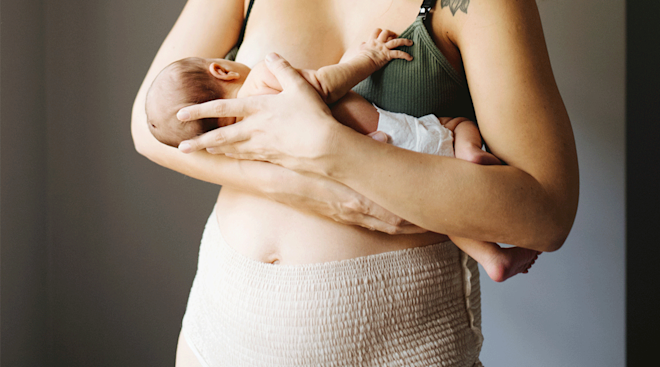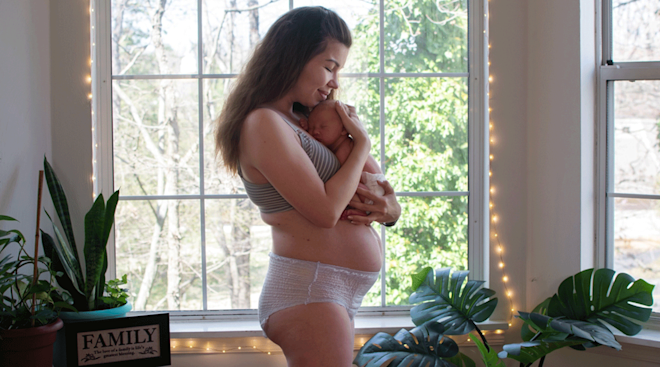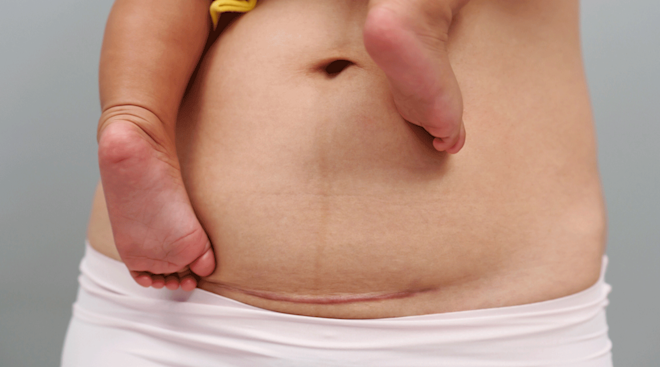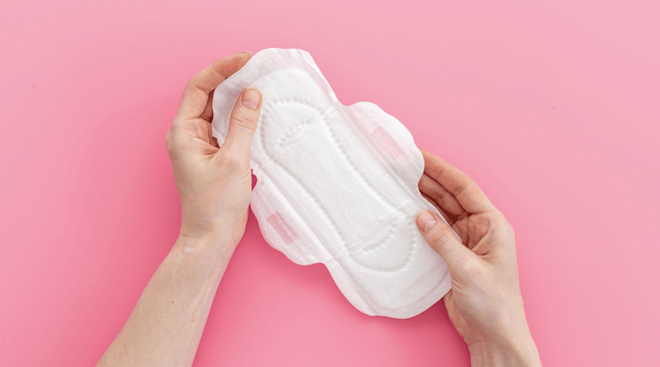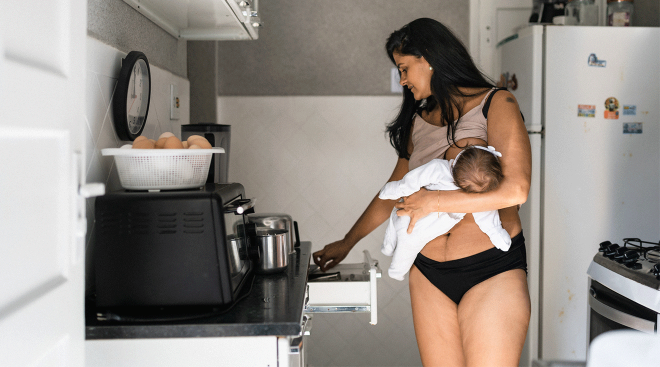The US Maternal Mortality Rate Surged by 40 Percent in 2021
New data released by the National Center for Health Statistics at the Centers for Disease Control and Prevention (CDC) shows a 40 percent increase in the United States’ maternal mortality rate between 2020 to 2021. At 1,205 deaths or 33 deaths per 100,000 live births, the amount of maternal deaths has hit the highest rate since 1965.
While over the past few years, the United States has continued to report the highest maternal mortality rate among industrialized nations, experts believe that this 2021 spike can be largely attributed to COVID-19 complications during pregnancy and childbirth.
Pregnant women who are uniquely vulnerable to contracting diseases like Covid and were often under-vaccinated quickly saw an increase in severe cases that often threatened the life of both baby and mother. According to one large meta-analysis tracking unvaccinated people, pregnant women with Covid face a sevenfold risk of dying compared with uninfected pregnant women. The infection also makes it more likely that a woman will give birth prematurely and that the baby will require neonatal intensive care.
Along with Covid’s impact on the maternal mortality rate, racial disparities continued to increase, disproportionately impacting women of color. Data from the CDC shows that Black women again saw the highest rates of maternal mortality at almost 70 deaths per 100,000 births, up from about 55 in 2020. While Black women gave birth less in 2021 compared to 2020, they still died at higher rates. Black women were nearly three times more likely to die from pregnancy-related complications than white women, and Native American women were twice as likely.
In more hopeful news, as Covid immunity increases, preliminary agency data shows that maternal deaths may have fallen to pre-pandemic numbers. However, with a reported 733 maternal deaths in 2022 (experts say this number is still expected to grow), there is still a long way to go to ensure that maternal health is a priority and that every woman, regardless of race or socioeconomic status, has access to quality healthcare.
Navigate forward to interact with the calendar and select a date. Press the question mark key to get the keyboard shortcuts for changing dates.








































